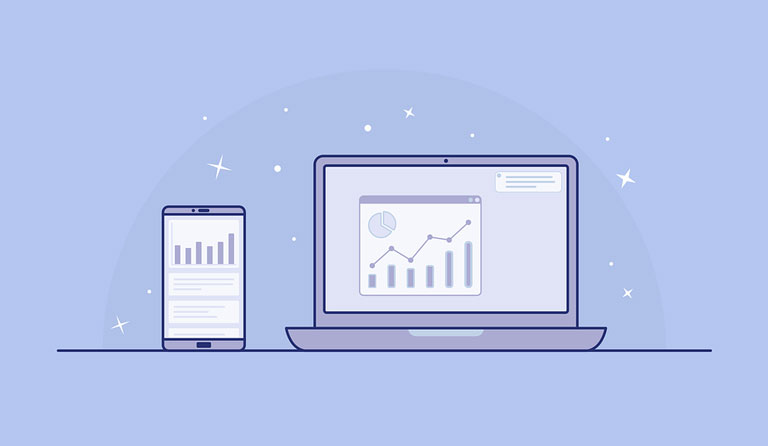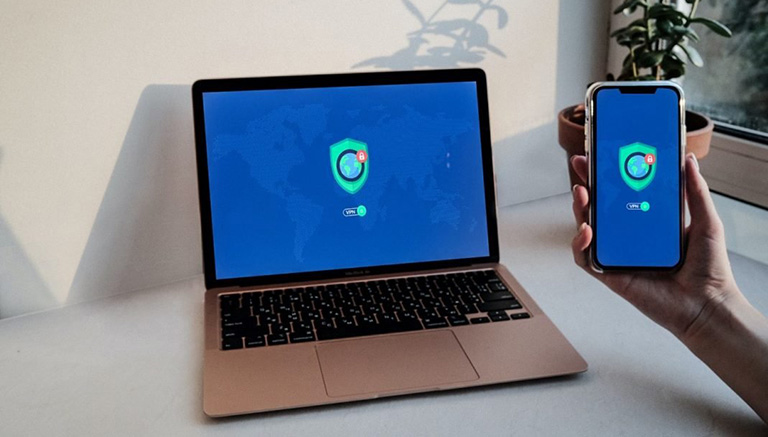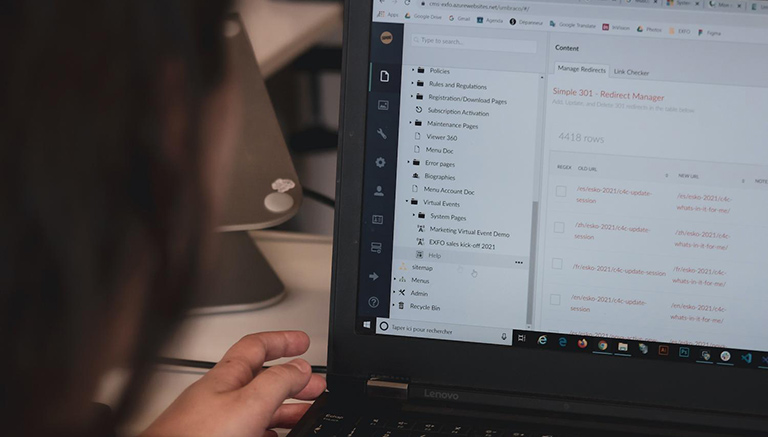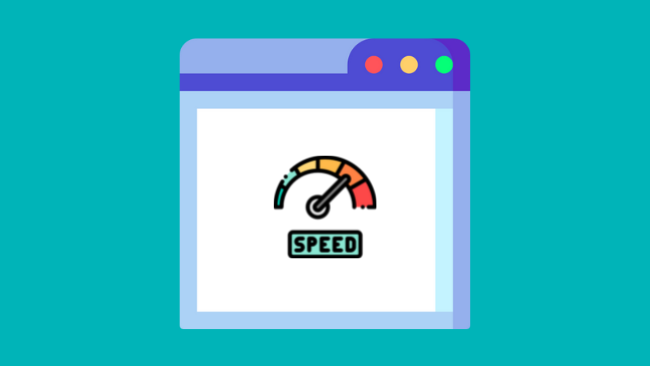The web era, just a collection of text sites, is gone forever. However, video, audio, multimedia elements, or stacks of photographs may all be found on today’s websites, and a load of that stuff can cause the browser to lag significantly.
However, it is not this way: you can guarantee that your browsing remains speedier for a long time with a bit of upkeep and cleaning. All popular computer browsers, namely Google Chrome, Microsoft Edge, Mozilla Firefox, Apple’s Safari, & Opera, follow this guide.

1. Remove Unused Extensions
Too much useless software will slow down any pc, and too many web browsers and addons will make it too. They consume computer resources and may even result in glitches or crashes. On the other hand, plugins aren’t necessarily bad—they may bring beneficial capabilities to your web browser. Still, it’s a great idea to undertake an extension inspection now and then and delete the ones you don’t even use, don’t identify, or don’t require.
Most browsers simplify the procedure by displaying the application option in a simple location. Extensions may be found chiefly Under Tools on that menu bar in Chrome, Add-ons for Firefox, & Extensions on Microsoft Edge and Opera.
You could be amazed how few add-ons you could do without getting started. Unless you’re up for a major clean-up, consider uninstalling the whole of them once & then reinstall just the few you need.
Ensure the addons you do maintain are upgraded on a routine basis. Although the browsers should be doing this naturally, it’s worth double-checking—keeping your add-ons up to date maintains everything bug-free and functioning smoothly.
2. Use a VPN
VPN browsers are an excellent option for our regular browsers since they may provide more privacy and protection. A solid VPN browser such as Mozilla VPN App has a built-in adblock that removes all ads, which uses less RAM and makes your browser run faster. This allows you to open more tabs and run more applications without slowing down your browser. It also means you don’t have to worry about closing browser tabs or quitting apps.
Also VeePN would give you an added level of security when accessing the web and be a valuable method to safeguard your device when using public Wi-Fi connections. A VeePN endows you with more freedom, no matter which browser you use, Chrome or Mozilla, it works for everyone.

To allow a faster surfing experience, the browser gathers (or stores) some files while you navigate the web. When you return to a website, the cache data is already present, so the browser has to get any new information from the internet. This means you’ll spend less time sitting, and overall, your browsing will increase speed instead of slowing down.
Nevertheless, we recommend emptying your caches and beginning again now and then. Although your browser must maintain the store for you, it might become cumbersome and occasionally create issues. Clean the record clean once every month to keep your browsing performance as fast as fresh. After then, there will be a brief lag as the browser retools its memory; however, speed will return.
Most browsers allow you to remove caches at the very exact moment as you empty your cache. These are tiny pieces of information that websites save on your computer to help them figure out who you’re, why you’re there, what websites you like, etc. Cookies are generally innocuous and beneficial, but a periodic purge will swiftly remove faulty or redundant ones.
4. Uninstall and Reinstall Your Browser
We’ve discussed how to return your browser to its natural state by deleting extensions and clearing the caches, which would be the best technique for preventing browser delay. However, manually uninstalling and reinstalling the browser is a simple way to achieve the same result.
After you’ve deleted the previous version of the browser, you may download the most current edition from the internet. It will remove any damaged data cache or unneeded extensions. Still, it will also ensure that you’re using the most recent program, which is another crucial component in maintaining your browser working efficiently. Modern browsers often download auto updates since being updated is so essential for addressing problems and fighting security threats. However, it’s recommended manually updating now and again to be safe.

5. Manage Your Tabs
Cleaning out the background junk might not be the only approach to improving your browser experience’s performance. Handling your tabs open more effectively will allow you to surf more quickly. The more the accounts you create, the sluggish your browser will get.
Reducing the list of available tabs to a bare minimum can help you achieve this. Try to avoid the desire to have a dozen browser tabs one after another in today’s world of online applications and overload. Instead, use one read-it-later tool like Pocket and Instapaper whenever you want to maintain track of multiple websites to visit later. This may be accomplished by creating a Temp directory.
Some browser plugins can also aid tab organization. Extensions like this are genuinely beneficial, even if you should download as few browser add-ons as feasible.
6. Get Extra Help
Various add-ons and applications may help you maintain your browser working at an optimum performance about controlling multiple tabs. Most of these apps can accomplish the cleaning tasks we discussed before, such as clearing out old cached data. So it’s worth trying one, maybe two, to see whether you see any speed improvements.
Conclusion
Reduce the quantity of data hitting your computer as the last technique to expedite your surfing. Using techniques like picture compression and taking out extra features (like graphics) that aren’t required for the website to exist, addons like Save-Data on Chrome or Bandwidth Hero on Firefox may drastically reduce the file size you consume and the how long it takes for sites to load.


Leave a comment
Have something to say about this article? Add your comment and start the discussion.